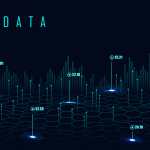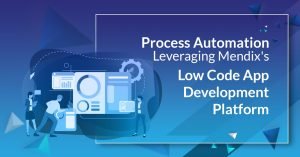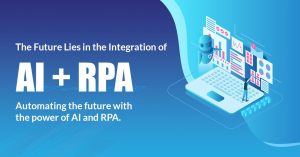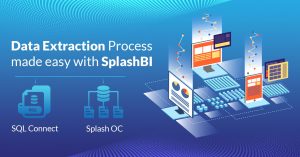Predictive analytics transforms data into actionable insights, but only when combined with the decision-making process. As businesses become more adept at predictive analytics, data harmonisation becomes critical to success.
What exactly is data harmonisation, and why is it important?
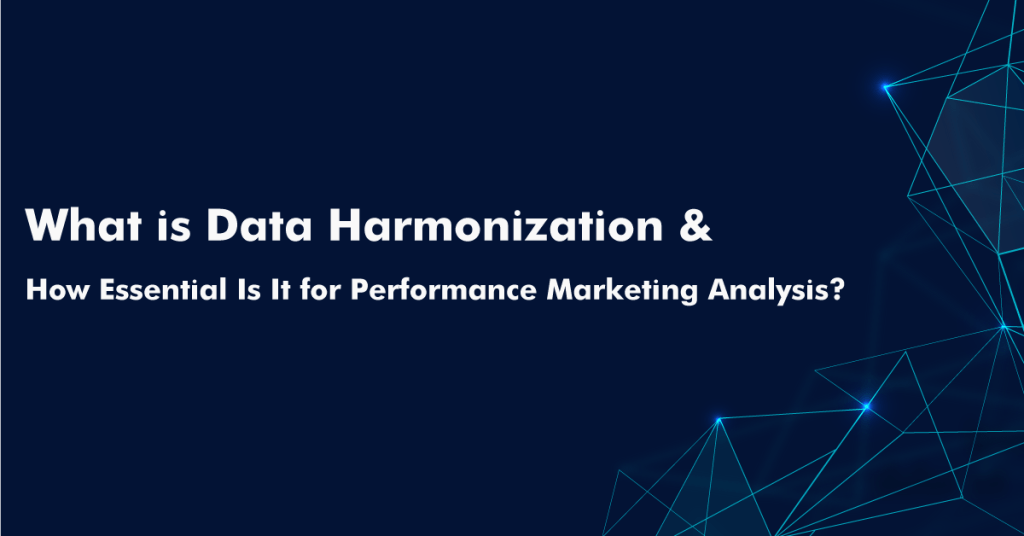
Using Data Harmonization to Gain a Better Understanding of Your Business
Consider attempting to leverage the massive amounts of data available to any reasonably sized business. You do not have the luxury of time; you must make quick decisions. However, how can you determine whether the data is accurate? Which of the numerous data sources should you believe?
Numerous clients have contacted us with similar concerns. To address these concerns, we advocate for DH.
To put it another way, DH is the process of establishing a “single source of truth.” It accomplishes this by combining data from various sources, removing any potentially misleading or inaccurate information, and presenting it as a whole. This means you can see everything and anything that helps you make decisions, including financial data and business performance, in a single window.
Data is coming at you from a variety of directions. However, once it is standardised, it is cleaned, sorted, and aggregated to create a complete picture. Additionally, everyone views the same data. As a result, it’s easier to recruit new employees and steer your business in the right direction.
What Benefits Can Data Harmonization Provide?
DH serves as the cornerstone of a streamlined and data-driven organization. Beyond creating a consistent reference frame and paving the way for predictive analytics, it offers several invaluable advantages:
1) Enhanced Access to Cutting-Edge Techniques: By simplifying data integration and refinement, data harmonization empowers businesses to harness advanced technologies like machine learning, artificial intelligence, and the Internet of Things (IoT). This capability is a game-changer, allowing companies to stay ahead of the competition by deriving meaningful insights from their data swiftly and cost-effectively.
2) Augmented Confidence in Decision-Making: With data harmonization, the uncertainty that often plagues decision-makers is significantly reduced. Organizations can place unwavering trust in the accuracy and completeness of their data. This newfound confidence translates into more informed decisions that have the potential to drive growth and innovation.
3) Accelerated Responsiveness: Having a “single source of truth” that is regularly updated or real-time enables rapid responses to changing market conditions. Instead of spending valuable time sifting through and reconciling multiple data sources, decision-makers can swiftly access the information they need to pivot and adapt. This agility is a competitive advantage in today’s dynamic business landscape.
4) Cultivating a Smarter Workplace: Initially implemented within a single team, standardized data practices can proliferate across the organization as the system matures. As more relevant data inputs are accumulated, the data harmonization system evolves into a robust knowledge repository. This knowledge-sharing fosters adaptability and fosters a culture of data-driven decision-making, benefitting the entire organization.
In sum, data harmonization is not just a data management technique; it’s a strategic imperative. It empowers businesses to leverage their data assets effectively, remain agile in the face of change, and cultivate a culture of data-driven intelligence. By embracing data harmonization, organizations position themselves for sustained success and innovation in today’s data-driven business landscape.
Conclusion:
In our data-driven era, the significance of data analytics is surging. Prioritizing data harmonization is no longer a choice but a strategic necessity. It lays the groundwork for sound decision-making, offering a unified, reliable data source. With data harmonization, advanced technologies like machine learning gain traction, instilling confidence in decision-makers. It reduces wait times, fostering agility in a rapidly changing market. As you begin with one team, this process scales across the organization, creating a knowledge hub that boosts adaptability. Embrace data harmonization to unlock your data’s full potential and thrive in today’s data-centric landscape.


